

2018-08-09 16:36:00 Thu ET
stock market gold oil stock return s&p 500 asset market stabilization asset price fluctuations stocks bonds currencies commodities funds term spreads credit spreads fair value spreads asset investments
President Trump applies an increasingly bellicose stance toward the Iranian leader Hassan Rouhani as he rejects a global agreement to curb Iran's nuclear program. As Trump withdraws from the previous multilateral Iran nuclear deal, the U.S. plans to carry out its next implementation of stringent economic sanctions on Iran in late-2018. The Trump administration appears to apply the same strategy of draconian economic sanctions on North Korea to the Iran-U.S. nuclear negotiations. Rouhani consequently threatens to disrupt global oil shipments through the Strait of Hormuz, which serves as a strategic waterway for oil exports from the middle east.
Numerous stock market experts and pundits point out that the world would witness a sharp spike in oil prices toward $90-$100 per barrel if Iran decides to shut down the trade route. As one of the Top 5 oil supply countries, Iran may adversely affect the global energy transmission and deployment. An oil price spike often translates into higher costs of both consumption and production.
Higher inflation then induces central banks to raise interest rates to better balance the inexorable trade-off between price stability and employment. From a pragmatic perspective, the resultant energy price increases render international monetary policies less effective due to greater cost gyrations.
If any of our AYA Analytica financial health memos (FHM), blog posts, ebooks, newsletters, and notifications etc, or any other form of online content curation, involves potential copyright concerns, please feel free to contact us at service@ayafintech.network so that we can remove relevant content in response to any such request within a reasonable time frame.
2017-12-23 10:40:00 Saturday ET
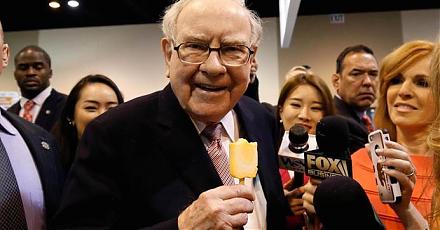
Despite having way more responsibility than anyone else, top business titans such as Warren Buffett, Charlie Munger, and Oprah Winfrey often step away from
2019-07-30 15:33:00 Tuesday ET
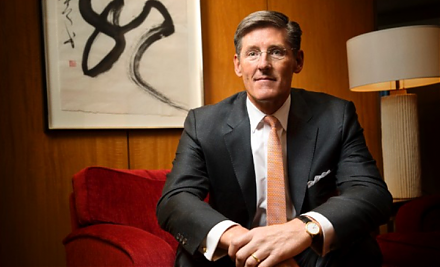
All of the 18 systemically important banks pass the annual Federal Reserve stress tests. Many of the largest lenders announce higher cash payouts to shareho
2017-07-13 08:35:00 Thursday ET
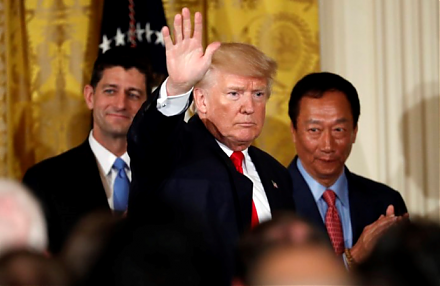
President Donald Trump has announced that a major Apple iPhone upstream supplier, Foxconn Technology Group (aka Hon Hai Precision Group), will invest $10 bi
2018-07-17 08:35:00 Tuesday ET
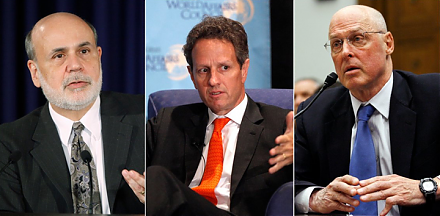
Henry Paulson and Timothy Geithner (former Treasury heads) and Ben Bernanke (former Fed chairman) warn that people seem to have forgotten the lessons of the
2025-10-07 10:30:00 Tuesday ET
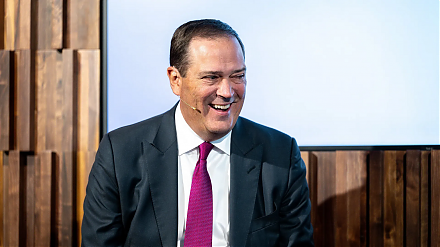
Stock Synopsis: With a new Python program, we use, adapt, apply, and leverage each of the mainstream Gemini Gen AI models to conduct this comprehensive fund
2019-07-01 12:35:00 Monday ET

Apple releases the new iOS 13 smartphone features. These features include Dark Mode, Audio Share, Memoji, better privacy protection, smart photo collection,